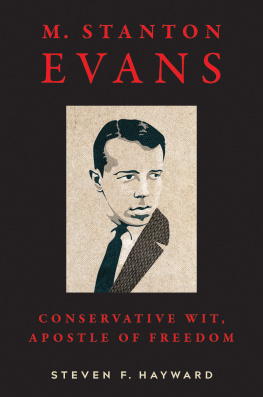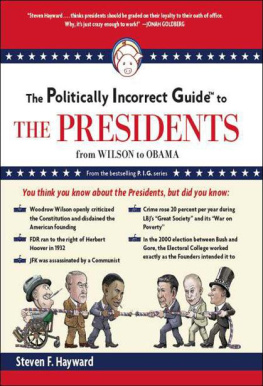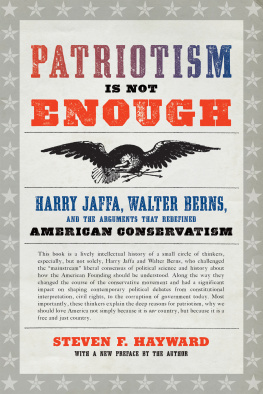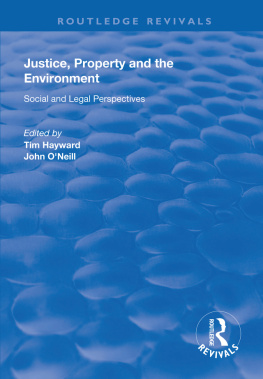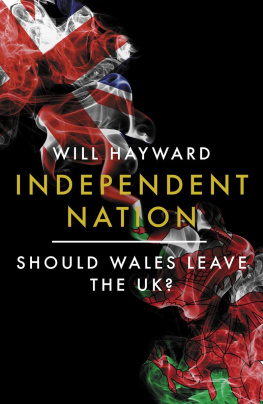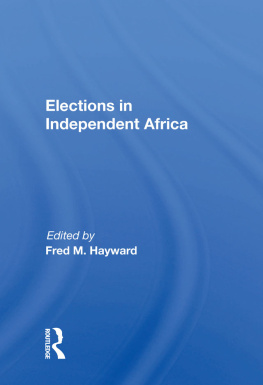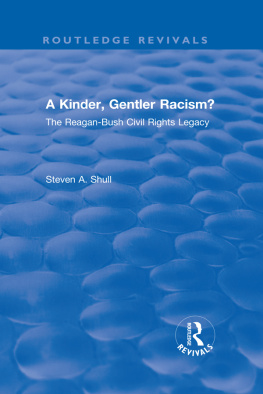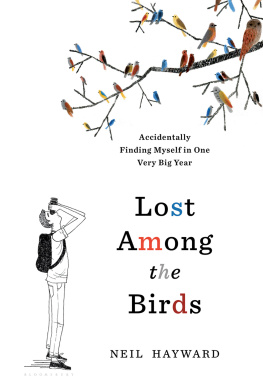Steven F. Hayward - The Age of Reagan
Here you can read online Steven F. Hayward - The Age of Reagan full text of the book (entire story) in english for free. Download pdf and epub, get meaning, cover and reviews about this ebook. year: 2001, publisher: The Crown Publishing Group, genre: Politics. Description of the work, (preface) as well as reviews are available. Best literature library LitArk.com created for fans of good reading and offers a wide selection of genres:
Romance novel
Science fiction
Adventure
Detective
Science
History
Home and family
Prose
Art
Politics
Computer
Non-fiction
Religion
Business
Children
Humor
Choose a favorite category and find really read worthwhile books. Enjoy immersion in the world of imagination, feel the emotions of the characters or learn something new for yourself, make an fascinating discovery.

- Book:The Age of Reagan
- Author:
- Publisher:The Crown Publishing Group
- Genre:
- Year:2001
- Rating:3 / 5
- Favourites:Add to favourites
- Your mark:
- 60
- 1
- 2
- 3
- 4
- 5
The Age of Reagan: summary, description and annotation
We offer to read an annotation, description, summary or preface (depends on what the author of the book "The Age of Reagan" wrote himself). If you haven't found the necessary information about the book — write in the comments, we will try to find it.
The Age of Reagan — read online for free the complete book (whole text) full work
Below is the text of the book, divided by pages. System saving the place of the last page read, allows you to conveniently read the book "The Age of Reagan" online for free, without having to search again every time where you left off. Put a bookmark, and you can go to the page where you finished reading at any time.
Font size:
Interval:
Bookmark:
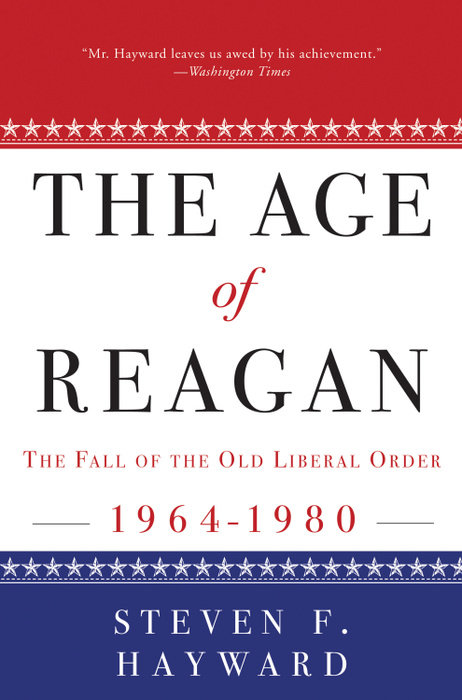
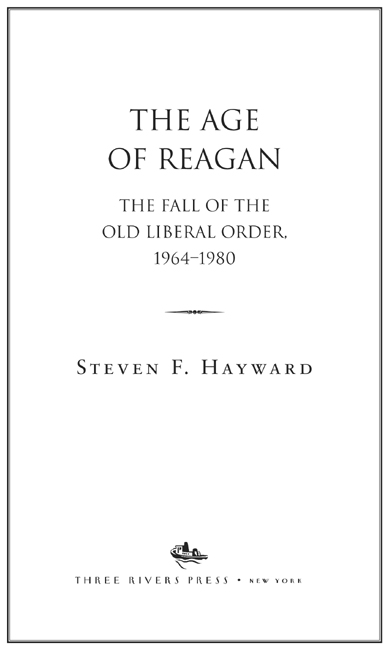
To Mom,
who knew everything else.

P PART O NE:
Chapter 1:
Chapter 2:
Chapter 3:
Chapter 4:
Chapter 5:
P ART T WO :
Chapter 6:
Chapter 7:
Chapter 8:
P ART T HREE :
Chapter 9:
Chapter 10:
Chapter 11:
Chapter 12:
Chapter 13:
Chapter 14:

O NE OF MY TEACHERS in graduate school insisted that a history must serve its readers with explanations that suit the horizons of their curiosity and with writing that entertains and stirs them. Heeding this admonition led me to the unusual style of this book, which requires an explanation.
This book is one part biography, one part narrative chronicle, and one part political analysisan amalgam that does not easily fit into a recognized nonfiction genre. It attempts to explain how and, more importantly, why Ronald Reagan became president in 1980. A capacious narrative seemed the best style to convey this broad theme. Winston Churchill noted the necessity of capturing the wider context of a person in his four-volume account of his ancestor, the Duke of Marlborough: In a portrait or impression the human figure is best shown by its true relation to the objects and scenes against which it is thrown, and by which it is defined.
The decade-and-a-half preceding Reagans ascent to the White House was arguably the most politically tumultuous for the nation since the decade before the Civil War. The events shaping the political climate of the country seemed to be larger than the personalities who tried to master them. To the extent that Reagan came to express the soul of America, it is necessary to understand the trials of that soul. Reagan, to borrow a metaphor from his first career, was only occasionally at center stage during these years, which is why he enters and leaves this narrative like a supporting actor.
Frederick Maitland wrote that the essential matter of history is not what happened but what men and women thought and said about it. This narrative pays special attention to the contemporaneous perception and evaluation of events. This not only offers frequent moments of irony when seen from the perspective of today, but also foreshadows the shape of a number of controversies that are still very much alive now.
Two special notes. First, although this narrative is hard on liberals and liberalism, it is not intended that liberal be taken as a pejorative. The years covered here1964 to 1980begin with the apogee of liberalism and end with its nadir, so it cannot be a happy time for liberals to contemplate. Yet it is my hope that liberal-minded readers will engage this narrative in a spirit of self-criticism, and also with an eye toward correcting any errors of fact or interpretation that have led me to an unduly harsh or unfair judgment. There ought to be more thoughtful occasions for political argument between Left and Right than Geraldo and Crossfire. It is my hope that this book can provide such an occasion. There have been many narratives that cover one half or the other of this story, i.e., the trials of liberalism or the rise of conservatism. I have sought here to bring the entire spectrum together into an interactive whole.
Second, one of the omissions of this account is that it slights the place of Nancy Reagan, whose role and influence on her husband is widely perceived, even if many of the details still remain private. I hope to remedy this defect in a second volume of this work, which will be tightly focused on Reagans White House years, when the center stage spotlight fell fully on him alone. Liberals take heart: the second volume will reflect on what the Reagan experience teaches about the limitations of conservatism, and how conservatives may be failing to learn from the mistakes of liberals before them.
Rescue, California, June 2001
THEME OF THE BOOK

T HAT B ARRY G OLDWATER was heading for a landslide defeat of historic proportions had been evident for months before the November election. Goldwater and his partisans also knew. Goldwater himself had fueled media hostility with his intransigent rhetoric, most notably his infamous phrase: Extremism in the defense of liberty is no vice, moderation in the defense of justice is no virtue. Then, too, the nations natural caution and desire for stability worked against him. President John F. Kennedys assassination was still too fresh in mind. Lyndon Johnson had been president for less than a year, and having three presidents in 14 months, William F. Buckley Jr. observed at the time, is the kind of thing people go for in banana republics, not here.
One seemingly small scene was still to be played out in the closing days of the doomed campaign: a nationwide TV address by Ronald Reagan. In what would have been a great historical irony, the Goldwater campaign almost stopped Reagan from making what was to become known as The Speech.
Reagans latest movie, The Killers, co-starring Angie Dickinson, had opened earlier in the year to a poor box office and mixed reviews. Originally intended for TV, the movie was deemed too violent and was diverted to theatrical release. Reviewers thought Reagans character, a tough-guy con man who is killed at the end, didnt fit the nice-guy persona he had portrayed in previous moviesa persona that was obvious type-casting. The most jarring moment in The Killers was the roundhouse punch he delivered to Dickinson, knocking her to the floor. But The Killers was his first movie role in nearly 10 years. It would also be his last.
It didnt matter. He had made a good living for several years as a spokesperson for General Electric, traveling the nation giving speeches with a conservative theme. GE dropped him in 1962, coincidentally the same year Reagan finally joined the Republican Partyafter having been a lifelong Democrat who had voted for Franklin Roosevelt four times, and who had appeared on campaign platforms with Harry Truman in 1948. He had also campaigned for Helen Gahagan Douglas against Richard Nixon in the 1950 California Senate race, and throughout the 1950s he declined invitations from the Democratic Party to run for Congress.
Reagans conversion from a New Deal liberal to a Goldwater conservative in the 1950s is an underappreciated phenomenon, chiefly because it is yet another sign that Reagan was ahead of his time. As of the end of the 1940s, Reagan could still describe himself as a near hopeless hemophiliac liberal. What happened to Reagan ideologically in the 1950s would happen to countless liberal intellectuals in the 1970s. Reagan could be considered the first neoconservative, which Irving Kristol, the ex-Trotskyite, famously defined as a liberal mugged by reality. Reagans detractors assumed that someonehis second wife Nancy, perhapshad talked him out of his liberalism. Reagan himself explained it in 1976: Eventually what happened to me was, because I did my own speeches and did the research for them, I just woke up to the realization one day that I had been going out and helping to elect the people who had been causing the things I had been criticizing. So it wasnt any case of some mentor coming in and talking me out of it. I did it in my own speeches. This was much the same formula for the wave of conversions to conservatism in the 1970s and 1980s. But how did Reagan come to see all by himself so much earlier than anyone else that liberalisms lack of a limiting principle would be its undoing, especially since the most severe derelictions of liberalism lay in the future?
Font size:
Interval:
Bookmark:
Similar books «The Age of Reagan»
Look at similar books to The Age of Reagan. We have selected literature similar in name and meaning in the hope of providing readers with more options to find new, interesting, not yet read works.
Discussion, reviews of the book The Age of Reagan and just readers' own opinions. Leave your comments, write what you think about the work, its meaning or the main characters. Specify what exactly you liked and what you didn't like, and why you think so.

